- Empty cart.
- Continue Shopping
Charakara (Mango)
Original price was: ₹650.00.₹450.00Current price is: ₹450.00.
Genus : Philippine Mangoes
“The Kottoorkonam Mango Plant allows you to grow and enjoy the unique flavors of Kottoorkonam mangoes in your own backyard. With its juicy and aromatic fruit, this plant brings the essence of Kottoorkonam mangoes to your home. Start your own mango orchard today.”
“Charakara” mango is a specific mango cultivar that is grown in certain regions. Here’s a general description of a “Charakara” mango fruit plant:
- Tree Size: “Charakara” mango trees are medium to large-sized trees that can reach heights of 30-40 feet or more. The trees have a dense and spreading canopy with a rounded or oval shape, and the trunk can be sturdy and well-branched.
- Leaves: The leaves of “Charakara” mango trees are simple, alternate, and evergreen, with a glossy texture. They are usually oblong or lanceolate in shape and can vary in size depending on the age and vigor of the tree. The leaves are typically dark green in color and provide a lush backdrop for the colorful fruits.
- Flowers: Mango trees produce small, fragrant flowers that are typically yellowish-white or pale pink in color. The flowers are borne in large terminal panicles or clusters, and they are usually bisexual, containing both male and female reproductive organs. The flowers are pollinated by insects, such as bees and flies, and they eventually develop into fruits.
- Fruits: The fruits of “Charakara” mango trees are the highlight of this fruit plant. “Charakara” mangoes are generally drupes that come in various shapes, sizes, and colors, depending on the maturity and variety of the fruit. The skin of the fruits can be smooth or slightly wrinkled, and the color can range from green to yellow to red, depending on the maturity of the fruit. The flesh inside the fruit is typically juicy, sweet, and aromatic, with a unique flavor that can vary depending on the mango variety.
- Growing Requirements: “Charakara” mango trees require a tropical or subtropical climate with warm temperatures and abundant sunlight. They prefer well-drained, fertile soils and can tolerate a wide range of soil types. Mango trees need regular watering, especially during their flowering and fruiting stages, but they are relatively drought-tolerant once established. Pruning may be needed to maintain the shape and size of the tree and to promote fruiting.
- Culinary Uses: “Charakara” mangoes are highly versatile and widely used in culinary applications. They can be eaten fresh, used in salads, chutneys, smoothies, desserts, or as a flavoring in various dishes. Mangoes are also processed into juice, nectar, pulp, dried fruits, and other food products. They are a popular ingredient in many cuisines around the world, known for their tropical sweetness and unique flavor.
- Cultural Significance: Mangoes hold cultural significance in many regions where they are grown, including “Charakara” mangoes. They are often associated with festivals, traditions, and celebrations. Mangoes are considered a symbol of fertility, abundance, and prosperity in some cultures, and they are used in religious ceremonies, rituals, and offerings.
In conclusion, “Charakara” mango fruit plants are known for their delicious fruits, which are highly valued for their taste, aroma, and versatility in culinary applications. “Charakara” mangoes are grown in specific regions and may have unique characteristics compared to other mango varieties. If you are interested in growing or learning more about “Charakara” mangoes, it is recommended to consult local horticulture or agricultural experts for specific information and guidance.

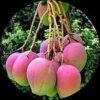
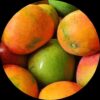

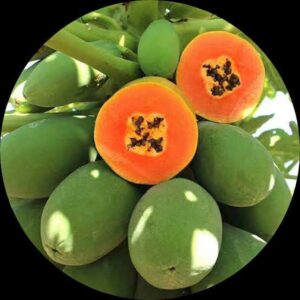
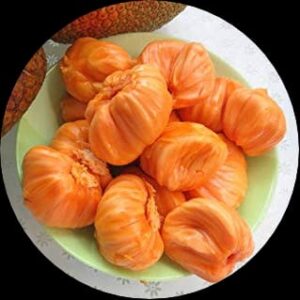
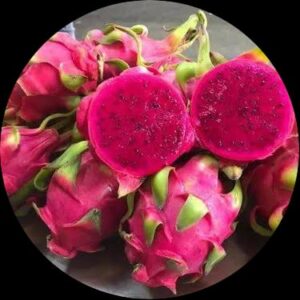
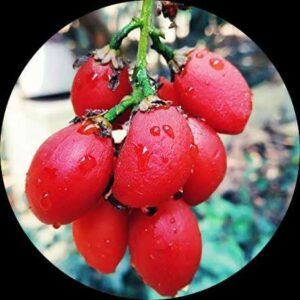
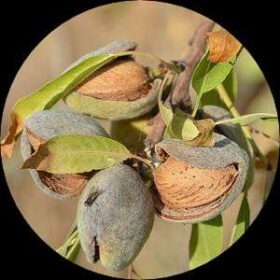
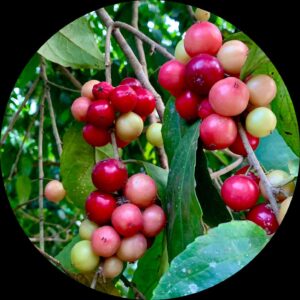
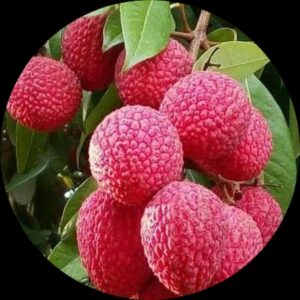
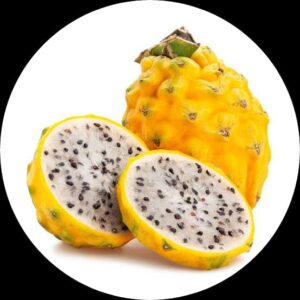
Reviews
There are no reviews yet.